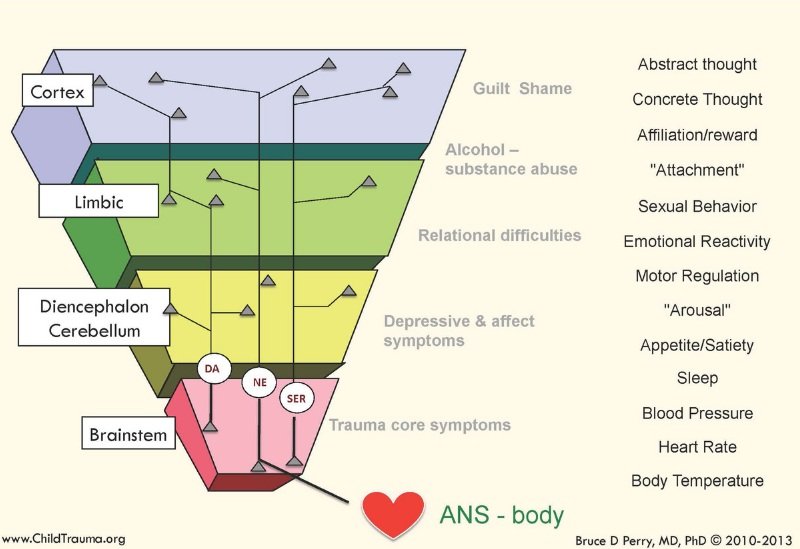
Finding Coping Skills That Actually Work
Sometimes we don’t know what we need to feel better, and sometimes our usual coping skills just don’t feel like they’re helping enough. Let’s build on commonly known coping skills, such as breathing, and think about the basics of coping skills. If you’re needing to add something new to your box of coping skills, are stuck with finding some good ones or your old ones aren’t working anymore, keep reading.

Breathing Doesn’t Work For Me
Intentionally breathing a bit deeper (also, doesn’t have to be deep enough to blow out 98 birthday candles) and exhaling longer sends signals to the brain that say “things are going to be ok,” so the brain stops sending stress hormones and fight/flight signals to the body. The brain is able, slowly, to tell the heart to beat regularly instead of rapidly, the lungs to breathe normal instead of shallow and muscles to be at ease instead of tensing. This is a physical process that takes time, minutes not seconds.

Good Days Gone Bad
The inner critic often struggles to accept an alternative dialogue, but with support, it can learn to. The supportive dialogue often sounds like something our best friend would tell us. It’s helpful, encouraging and often more truthful than what the inner critic would like us to believe.

We Talked About Freeze… Now Let’s Talk About Fawn
The fawn response can be summed up, for the most part, with people pleasing. When fight, flight and freeze responses won’t keep us safe, we try to keep the threat happy or make ourselves likeable. We often learn this response in relationships as children, trying to keep an adult or peers satisfied with us so they won’t belittle us, hurt us or brush off our feelings.

Emotional Regulation: Where Did That Meltdown Come From?
The better regulated your child is, the more easily they can move from disappointed to happy, from play to school and even from contentment to disappointment. Healthy emotion regulation means being able to shift across the whole range of feelings without feeling too much or too little. A big piece of learning healthy emotion regulation is recognizing what “regulated” really looks like.

Theraplay: Tools for the Connection Dance
Theraplay therapists create a space where your child can learn that you are a safe, trustworthy parent, and in this space, you can discover the ways your child is able to receive your love and direction in that moment. In Theraplay, this happens by having fun! Research has shown us that adults and children learn best through games, where everyone is having fun.
